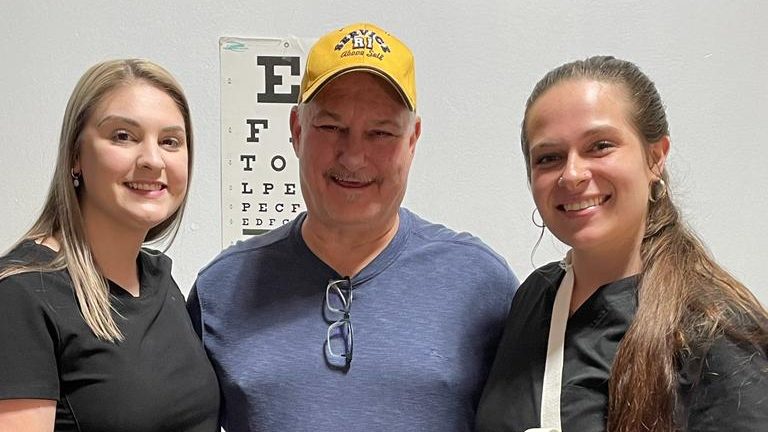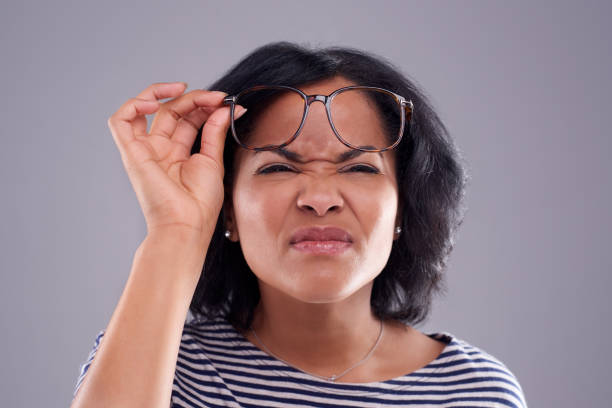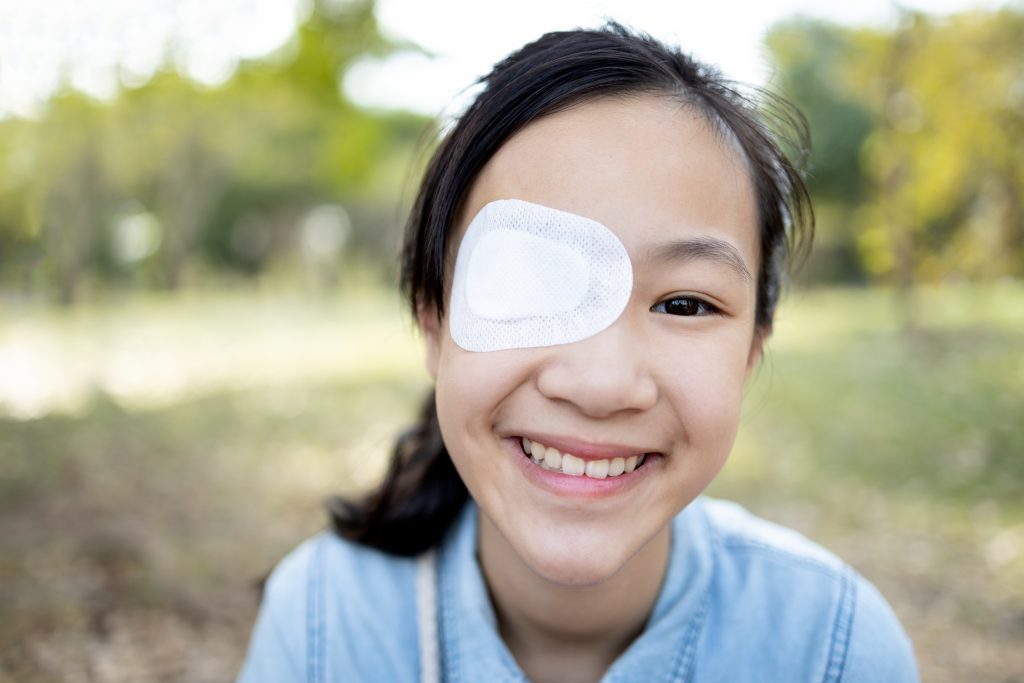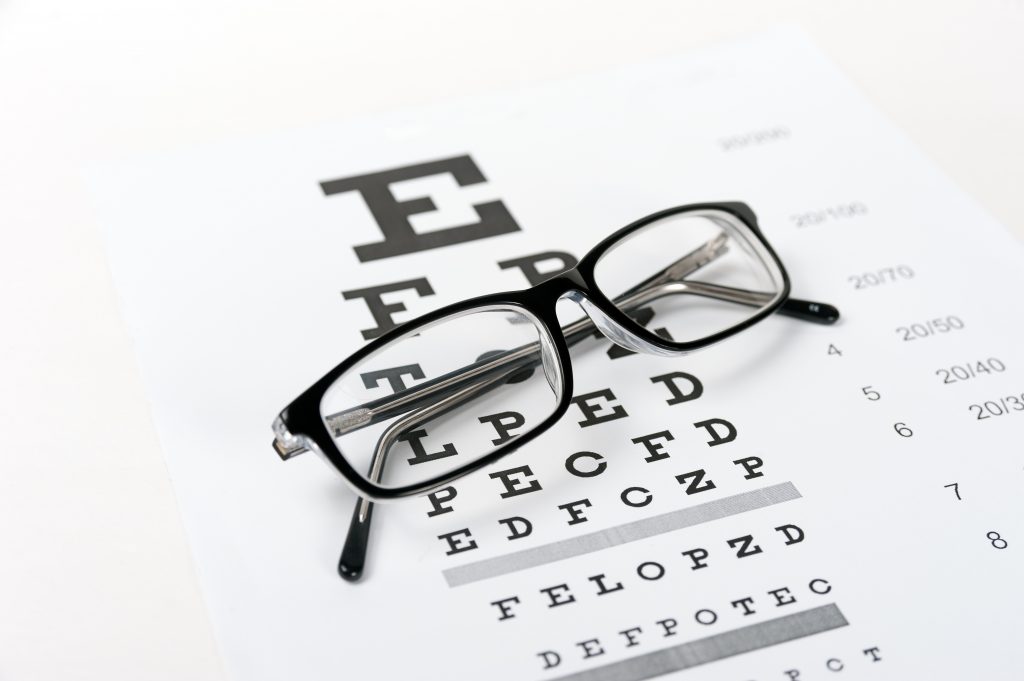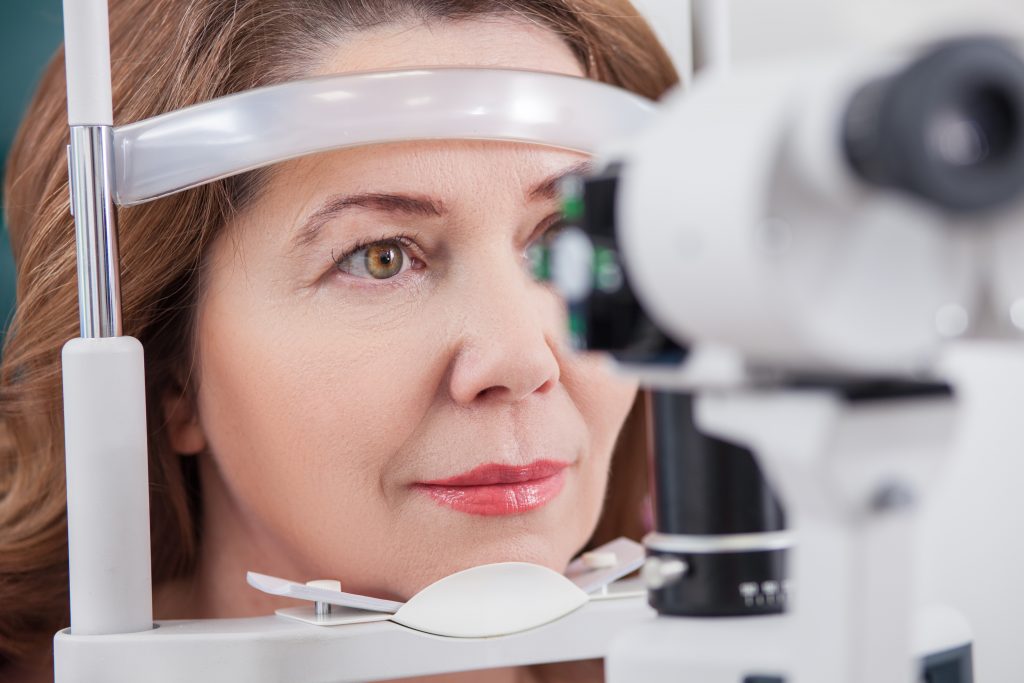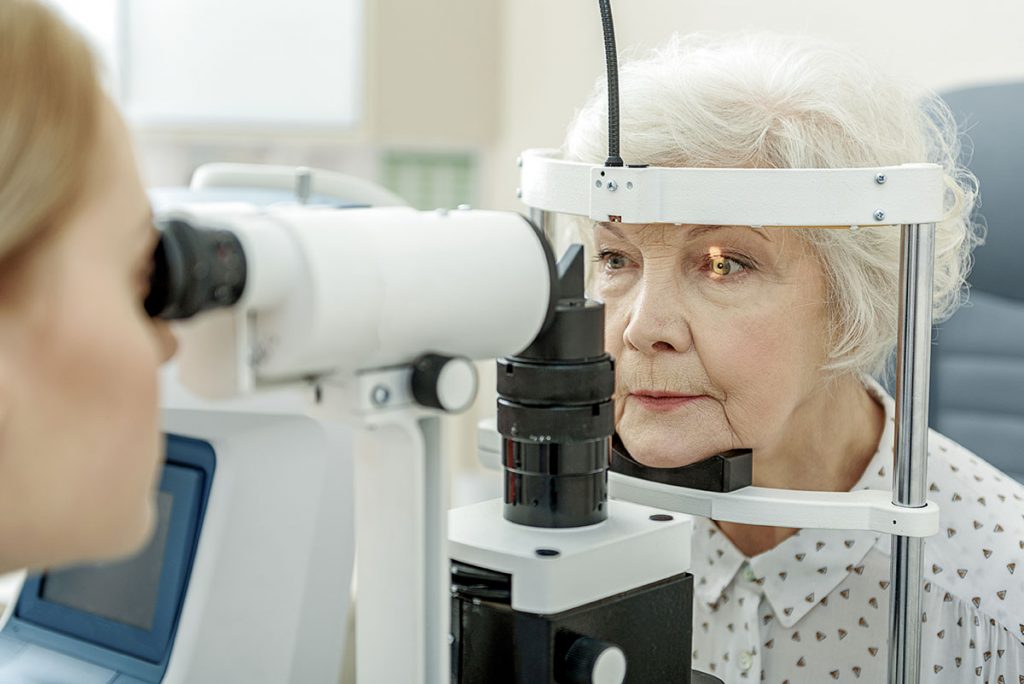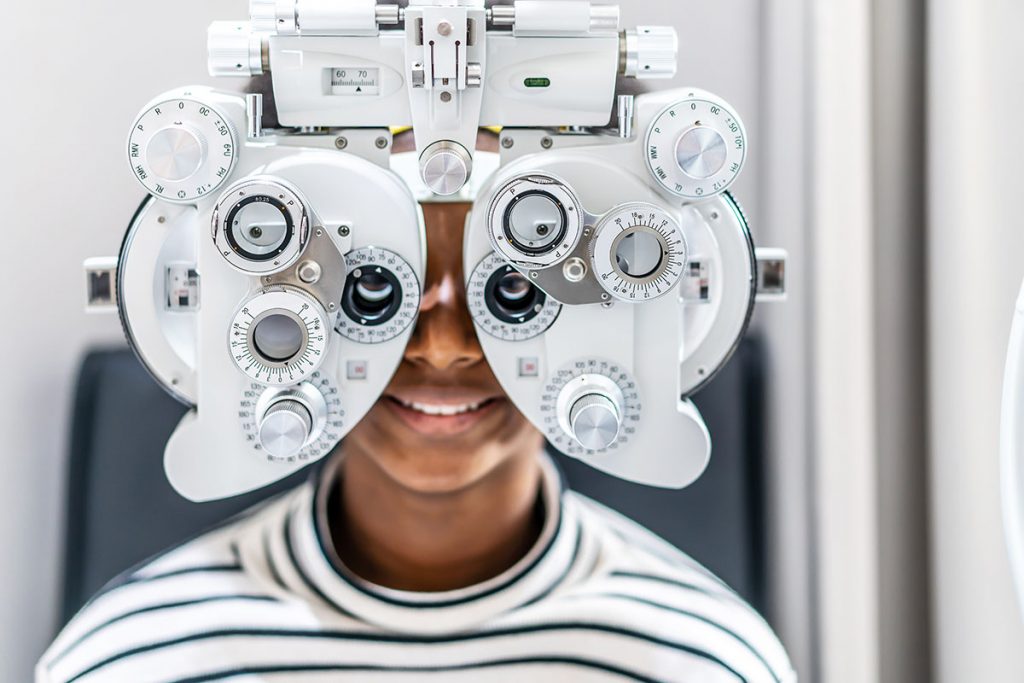Eye Care
Giving Back Beyond the Gulf Coast
Dr. Reynolds and Gulf Coast Vision Center (GCVC) have been actively giving back to the Northwest Florida community through vision care programs with organizations such as Health and Hope Clinic, St. Joseph's Clinic, Children's Home Society of Florida, Ronald Mcdonald House and The Florida Low Vision Initiative. In the past, Dr. Reynolds has also participated…
Read MoreCan children wear contact lenses?
There isn't a minimum or recommended age for children to wear contact lenses, but it's still important to weigh all of the factors before your child transitions to contact lenses. Glasses can be difficult for active kids, but contact lenses bring a lot of responsibility. If your child's glasses are getting in the way of…
Read More5 Signs It's Time to Schedule An Eye Exam
When was the last time you had an eye exam? If you are like the majority of Americans, you might not even remember! Most people skip their eye exams unless they need new glasses or contacts, but regular exams help keep vision at its best. And they help detect problems and potential eye diseases before…
Read MoreHow to Treat an Eye Injury
An eye injury occurs when there is damage or trauma inflicted on your eye from an external source. Injury can occur on the surface of the eye, behind the eye or inside the eyeball. Your eye can sustain an injury from impact with a foreign object or exposure to a harmful substance. When an injury…
Read MoreProtect Your Eyes With These Best Practices for Good Visual Health
Have you been researching “How to protect my eyes” and getting a lot of conflicting information? The fact is, your visual health is vital to your overall quality of life. From healthy habits to eye safety, the preventative measures you take right now can make a difference in the future of your vision. Maintain a…
Read MoreCan I Drive After an Eye Exam?
In most cases, you should be able to drive immediately after your eye exam in Northwest Florida. How soon you can drive depends on the exam procedures and your eye condition. An eye exam may include pupil dilation, which can cause some blurred vision. However, if you have relatively normal vision, the blurred vision will…
Read MoreWhat Not to Do Before an Eye Exam
Most medical procedures or exams require some form of preparation. For instance, a doctor may tell you only to drink liquids before a surgical procedure. The same requirements are true for an eye exam. What you do and don't do can directly impact the results. Therefore, there are several things you should avoid in the…
Read MoreIs an Eye Exam Preventive Care?
Yes, an eye exam is a form of preventive care. During an eye exam, your eye doctor assesses your eyes to determine the quality of your vision and diagnose any eye conditions. Your doctor can prevent a condition from occurring or worsening by identifying health issues. So, eye exams are preventive care. For this reason,…
Read MoreWhat is a Diabetic Eye Exam?
During a diabetic eye exam, the doctor evaluates your retina and retinal blood vessels—the two areas of your eyes most affected by diabetes. During the exam, your vision specialist will first gather any relevant information in terms of your medical history and then have you read a standard eye chart. Afterwards, a series of tests…
Read MoreWhat Is a Comprehensive Eye Exam?
A comprehensive eye exam is designed to evaluate your eyes and your vision. Unlike a simple vision screening that only tests your vision, a comprehensive eye exam is a series of tests that your eye doctor performs to assess the health and condition of your eyes. The test may also extend into your overall bodily…
Read More
